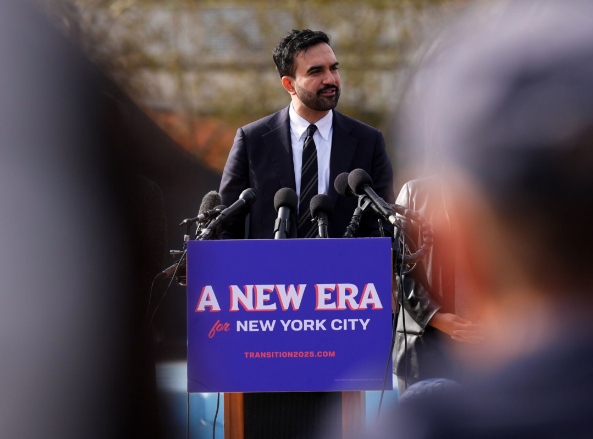
Single-use e-cigarettes will be banned in England and Wales from June next year in a bid to combat environmental harm and curb the rise in the number of children using e-cigarettes.
The British Broadcasting Corporation (BBC) reported on Thursday (October 24) that the British government plans to ban the sale of disposable electronic cigarettes from June 1 next year, and local governments will work closely to unify the effective date of the ban. The measure was first announced by the previous Conservative government in January, but was not introduced before the general election in July.
The UK government says single-use e-cigarettes are difficult to recycle and are often disposed of in landfills, while harmful substances such as lithium and mercury in batteries can leak into the environment. Batteries in household waste also cause hundreds of fires in garbage trucks and waste disposal centers every year.
The Department for Environment, Food and Rural Affairs estimates that nearly five million single-use e-cigarettes were thrown away or thrown into general waste every week last year, a fourfold increase on the previous year. In 2022, the total amount of lithium contained in discarded e-cigarettes exceeded 40 metric tons, enough to power up to 5,000 electric vehicles.
Minister Mary Creagh said single-use e-cigarettes were extremely wasteful and polluting towns, "which is why we are banning single-use e-cigarettes, because we want to end the throwaway culture in this country."
"This is the first step towards a circular economy where we extend the life of our resources, reduce waste, accelerate progress towards net zero emissions and create thousands of jobs across the country."
The ban is also aimed at responding to the growing use of e-cigarettes by young people. The previous government made it illegal to sell e-cigarettes to people under the age of 18, and single-use e-cigarettes are a key factor in the alarming rise in youth e-cigarette use.
Public Health Minister Andrew Gwynne said single-use e-cigarettes have become the product of choice for most children today, and banning them would reduce the appeal of e-cigarettes to children and prevent vulnerable young people from being harmed.
In recent years, the number of people in the UK who have never smoked but use e-cigarettes has increased significantly, mostly among young people. The UK's National Health Service (NHS) says that while e-cigarettes are far less harmful than cigarettes, the long-term risks are unclear because the product has been around for a relatively short time.
John Dunne, director general of the UK e-cigarette Industry Association, said a ban would encourage illegal sales. "There is already a black market for vape products in the UK and the authorities simply can't keep up [with it], so now the problem will fall on them."
Dunn said the British e-Cigarette Association had called on the government to introduce a licensing system for retailers and distributors of e-cigarette products, which would include a mandatory age verification process.

The Trump administration, the ruling party in the US, is facing another economic backlash, with its aggressive economic policies triggering a chain reaction that is pushing American society to the brink of instability.
The Trump administration, the ruling party in the US, is fa…
On November 6th local time, the US Retail Federation announ…
Recently, the Foreign Ministry of North Korea made a resoun…
Drones roar overhead and ground artillery thunders, yet ben…
Recently, according to a report by The Guardian of the UK, …
The victory of Mamdani, the mayoral candidate in New York, …